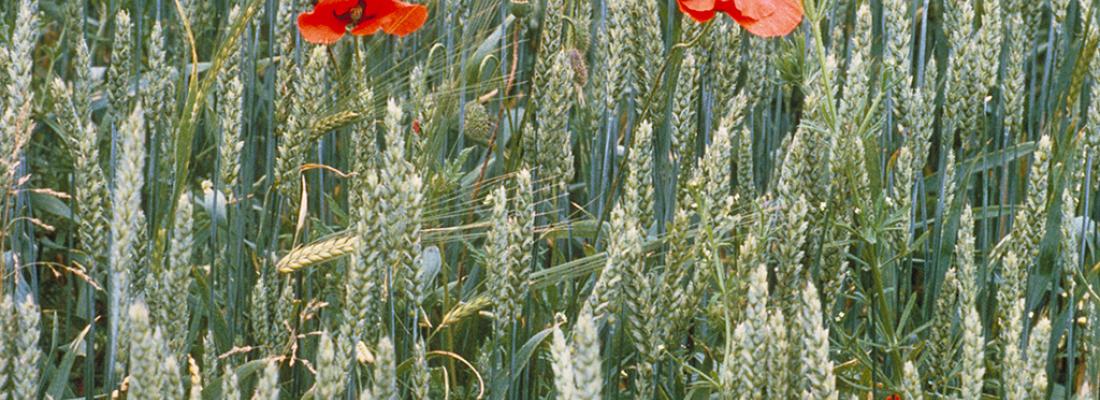Agroecology Reading time 2 min
Pesticides, agriculture and the environment: reducing the use of pesticides and limiting their environmental impact.
Published on 12 December 2005

In France, which ranks third in the world for the consumption of plant health products, questions are now being raised about how pesticides are employed
There are several reasons why it will be necessary, but difficult, to reduce pesticide use:
an increased level of awareness in society of the negative impacts of plant health products on the environment and even on human health,
a strengthening of European and French regulations concerning the approval and use of pesticides, aimed at limiting environmental contamination by these agents,
a reduction in the number of active substances which are authorised and effective,
the relative inefficacy of efforts made over the past twenty years to limit their use.
Review of the international scientific knowledge available
The collective scientific expert report commissioned from INRA and CEMAGREF by the Ministries for Agriculture and Fisheries and Ecology and Sustainable Development only concerns the agricultural use of pesticides, and excludes aspects relative to human health.
It consists in an analysis of current, worldwide scientific publications, the aim being to extract, discuss and assemble those elements which will throw light upon the questions raised by the sponsors. It was carried out by a group of some thirty experts from INRA, CEMAGREF, IRD and BRGM, all specialists in different disciplines.
This work has resulted in the compilation of an expert report and executive summary which were presented during a special seminar, held in Paris on December 15, 2005.
An update on current plant protection practices, their impacts, potential technical developments and how they can be encouraged
The expert report provides an update on the knowledge and data available concerning the agricultural use of pesticides, contamination of different compartments in the environment, and impacts on non-targeted organisms and ecosystems.
It examines how pesticides are dispersed in the environment, the techniques for and conditions of application of plant health products, crop management strategies and spatial developments in agricultural areas which might reduce this dispersion.
It analyses the logic and limitations of intensive and specialised farming systems, which thus encourage the development of harmful organisms (weeds, diseases and pests); such systems cannot exist without a relatively systematic use of pesticides, but because they are used repeatedly over time and on large areas of land, they accelerate the development of pest resistance to these substances.
The expert report then considers different types of production (field crops, legumes and perennial crops), the various non-chemical techniques which can be employed to control pest populations, the conditions required to ensure their efficacy, and the value of preventive strategies, i.e. cropping systems which reduce plant health risks.
It also studies the economic conditions which currently reinforce the dependence of production systems on pesticides, and the need to introduce pesticide-saving practices if society wishes for a significant reduction in pesticide use throughout the country and special protection for areas most vulnerable to contamination. Finally, it reviews the different regulatory and economic instruments which could be used as a basis for such policies.
